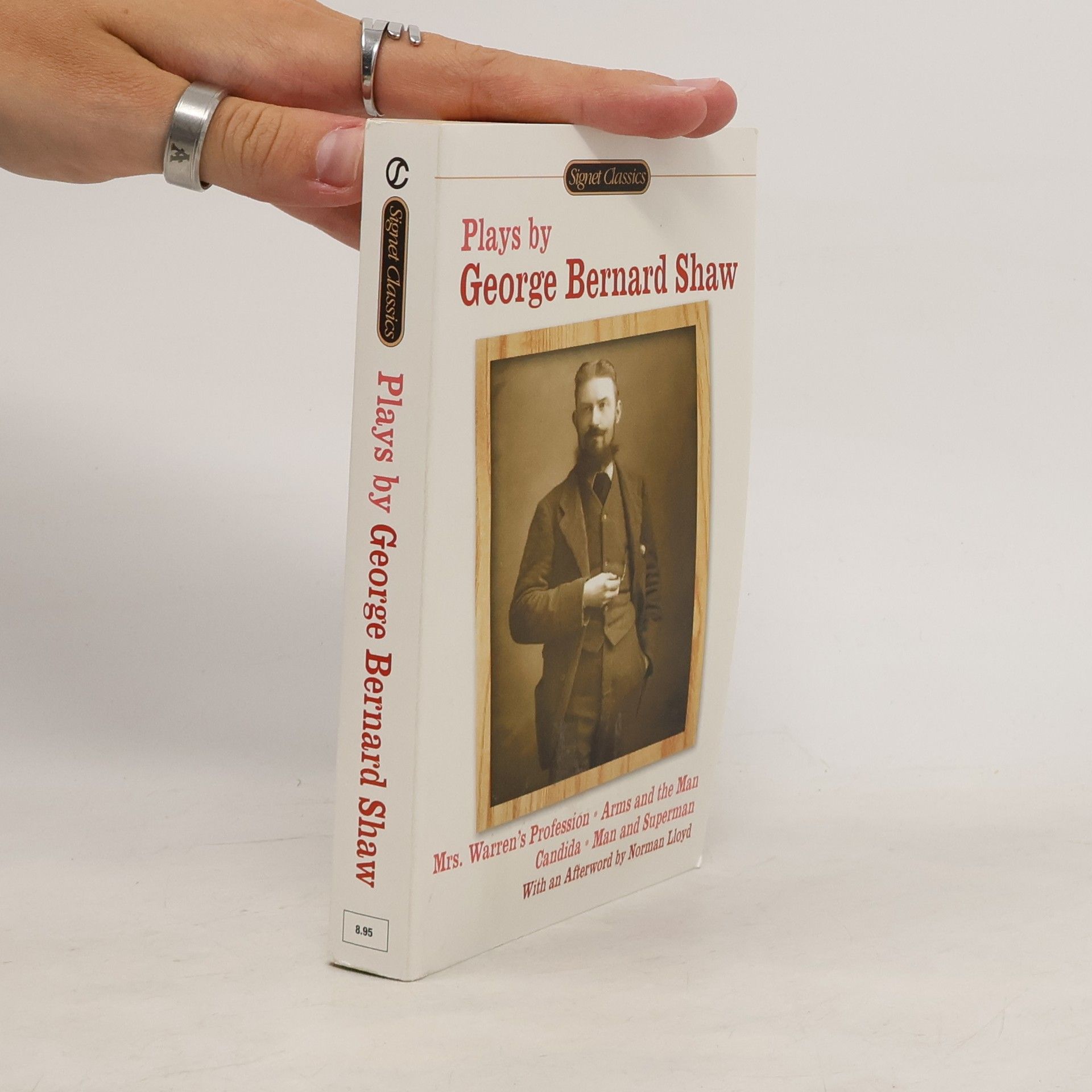Der Kaiser von Amerika
- 156 Seiten
- 6 Lesestunden
Bishop, G.W.: Ein Spaziergang und ein Gespräch mit Bernard Shaw.
George Bernard Shaw war ein irischer Dramatiker und Sozialist, dessen Stücke meisterhaft Komödie mit gesellschaftlicher Kritik verbinden. Er befasste sich mit drängenden Problemen seiner Zeit wie Bildung, Ehe, Religion und Klassenungerechtigkeit, wobei jedes seiner umfangreichen dramatischen Werke diese Themen mit unerschrockenem Witz und Scharfsinn untersuchte. Als glühender Sozialist und Redner setzte sich Shaw für eine gerechtere Gesellschaft ein, befürwortete gleiche Rechte für Frauen und kämpfte gegen die Ausbeutung der Arbeiterklasse. Seine Werke, die sich durch scharfe Intelligenz und eine einzigartige Perspektive auszeichnen, hallen bis heute mit ihrer Relevanz und literarischen Brillanz nach.





Bishop, G.W.: Ein Spaziergang und ein Gespräch mit Bernard Shaw.
Für Liebhaber des boshaften Humors: George Bernard Shaw. »Die Beziehung des Vorgesetzten zum Untergebenen schließt gute Manieren aus.«
Im Zentrum Bernard Shaws Anliegens stehen nun nicht mehr, wie bei den früheren Werken, Kritik an den gesellschaftlichen Bedingungen und Aufruf zur Veränderung der äußeren Welt, sondern die inneren Möglichkeiten und notwendigen Bewußtseinsveränderungen des einzelnen, der seine Chance zur individuellen Erfahrung ergreifen muß, um die vitalisierende Kraft des eigenen Lebens zu spüren, die wir als Glück empfinden. schovat popis
Features four plays that satirize such issues as marriage, civilization, military bravery, and the pursuit of man by woman.
Raises doubts on how seriously we can take Shaw as a political thinker. This title states that despite writing in the 1930s, he has little to say of the nature of totalitarianism. It shows that although he satirises Fascist dictators in Geneva, the satire is disappointingly mild.